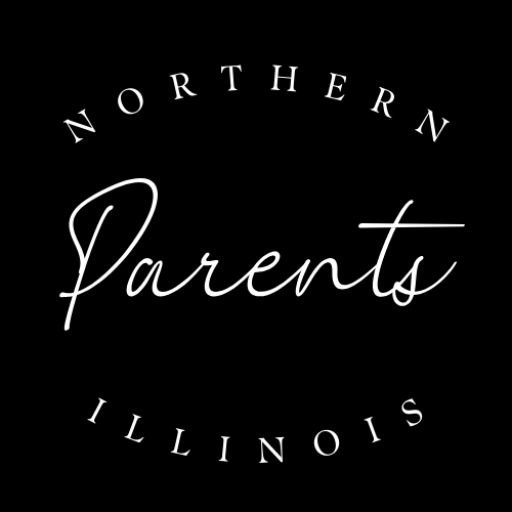With kindergarten registration just around the corner, it’s natural to start wondering, “Is my child ready?” Starting kindergarten is an exciting milestone, bringing new routines, friendships, and learning opportunities. However, it can also feel a bit overwhelming as parents strive to prepare their children for this big transition.
To help ease some of the uncertainty, we’ve put together a comprehensive guide to key skills that can make the adjustment to kindergarten smoother. These aren’t just about academics—they include self-care, social skills, communication, and much more. And while these skills provide a strong foundation for success, it’s important to remember that every child develops at their own pace. The goal isn’t perfection; it’s about progress and giving your child the tools to step into the classroom with confidence and excitement.
So grab a cup of coffee, take a deep breath, and let’s dive into the ways you can help your little one get ready for this wonderful new chapter in their life!
Basic Self-Care and Independence
- Use the bathroom independently – Be able to wipe, wash hands, and manage clothing.
- Dress themselves – Put on jackets, shoes, and manage simple clothing fasteners (buttons, zippers).
- Clean up after themselves – Be able to put away toys and clean up messes.
- Follow simple directions – Understand and follow basic instructions (e.g., “Please sit down,” “Put your toys away”).
- Tie shoes – While not all kids may master this, they should at least understand the basics of trying to fasten their shoes.
Social Skills
- Share and take turns – Understand the concept of sharing and playing cooperatively.
- Express needs and feelings – Use words to communicate when they are hungry, tired, upset, or need help.
- Make friends – Be able to interact with peers and make new connections, even if they’re still shy.
- Respect personal space – Understand the concept of boundaries (e.g., not touching others’ belongings without permission).
- Use polite manners – Practice basic manners like saying “please,” “thank you,” and “excuse me.”
Communication Skills
- Recognize their name – Be able to recognize and sometimes write their first name.
- Understand and follow a conversation – Be able to listen to someone speaking and answer questions.
- Ask for help when needed – Be able to speak up and ask a teacher or peer for assistance when something is confusing or difficult.
- Understand basic questions – Be able to answer questions like “What is your name?” “How old are you?” and “What’s your favorite color?”
Motor Skills
- Hold a pencil or crayon correctly – Have a basic grip on writing instruments for drawing and writing.
- Cut with scissors – Use safety scissors to cut along a line or cut out shapes.
- Draw simple shapes – Be able to draw basic shapes (circles, squares, triangles).
- Color inside the lines – Demonstrate control when coloring and not scribbling everywhere.
Academic Readiness
- Recognize letters and numbers – Know most or all of the alphabet (upper and lowercase) and some basic numbers (1-10).
- Count to 10 – Have a basic understanding of counting forward and backward.
- Identify colors and shapes – Recognize and name common colors and shapes (e.g., red, blue, square, circle).
- Begin to understand rhyming – Understand simple rhyming words and patterns.
- Understand concepts of print – Know how to hold a book, turn pages, and recognize that text is read from left to right.
Basic Math and Problem-Solving
- Sort and classify objects – Group items by color, size, or shape.
- Understand the concept of size – Know basic comparisons, like big/small, tall/short, heavy/light.
- Complete simple puzzles – Be able to match shapes or pieces to complete a picture.
Emotional and Behavioral Readiness
- Handle frustration and disappointment – Be able to manage basic emotions when something doesn’t go as expected.
- Separate from parents without difficulty – Be able to comfortably say goodbye to parents and adjust to the classroom setting.
- Stay focused for short periods – Sit and focus on an activity or task for a few minutes.
- Understand routines – Be able to follow a daily routine, like lining up, transitioning from one activity to another, and participating in group activities.
Health and Hygiene
- Blow their nose – Be able to do this independently and properly dispose of tissues.
- Eat independently – Open snacks, drink from a water bottle, and eat with minimal assistance.
Preparing for kindergarten is as much about fostering confidence and curiosity as it is about teaching specific skills. By focusing on areas like self-care, social interactions, communication, and basic academics, you’re giving your child the tools they need to succeed—not just in school but in life.
Remember, no child has to master everything on this list to be ready for kindergarten. Development is a journey, not a checklist. Celebrate the progress your child makes, big and small, and trust that with love, patience, and encouragement, they will continue to grow and adapt.
Ultimately, kindergarten readiness isn’t just about what a child knows—it’s about how they feel. Nurturing their sense of independence, joy in learning, and trust in themselves will empower them to step into that classroom with confidence. You’ve got this, and so does your child.
Here’s to an exciting start to the kindergarten adventure! 🚀










